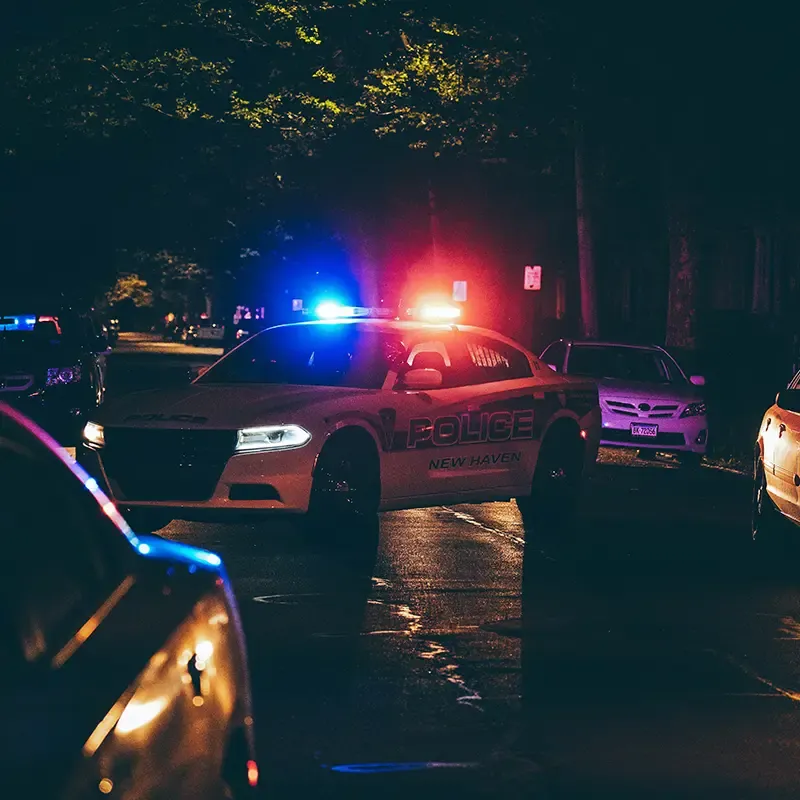Do ministries have a duty to protect guests from danger?
Originally reported in Law & Ministry Update (Vol 4 - November 2025) - case reviewed by the Legal Assist team.
4 min read

State Case
Local Implications
Paulson v. Grace Baptist Church
When tragedy struck a homeless shelter operating on church-leased property, it sparked questions about duty and responsibility. The case illustrates a critical reality: outreach without adequate safety measures can expose ministries to significant legal consequences.
What You Need to Know
In November 2020, John Paulson was fatally stabbed and James Chelley seriously injured at a San Jose homeless shelter operated by the nonprofit, Grace Solutions, which leased the property from Grace Baptist Church. The attacker, Fernando Lopez, was a shelter resident with a known history of violence.
A lawsuit filed by Paulson’s widow and Chelley alleged that both the nonprofit and the church—the lessor—were aware of Lopez’s prior assaults but failed to take appropriate action. According to the complaint, they did not remove Lopez from the shelter, warn other residents, or provide the promised security—failures that the plaintiffs claimed directly led to Paulson’s death and Chelley’s injuries. They sought damages for wrongful death, negligence, loss of consortium, and punitive damages, arguing that the defendants acted with conscious disregard for resident safety.
After three years of time-consuming litigation, the case was resolved through a confidential settlement and was officially dismissed.
What Your Ministry Can Do
Facility Use Contracts: Agreements with outside entities should specify the scope of allowed activities, responsibilities for maintenance and security, insurance needs, indemnification protection, and expectations for conduct and oversight.
Develop Clear Safety Policies: If engaged in outreach ministry, it is critical to establish clear procedures for handling threats, emergencies, and behavioral issues. Ensure staff and volunteers have been trained in de-escalation, first aid, and emergency response.
Document Incidents Thoroughly: Keep comprehensive records of all reported incidents, confrontations, or threats to establish a clear chronology and help identify individuals who pose a risk of harm.
Why This Matters
For churches and ministries serving vulnerable populations, the Paulson case serves as an important reminder—good intentions alone do not protect organizations from potential legal liability. When ministries invite individuals into their care—whether through shelters, recovery programs, or meal services—they assume a duty to provide a reasonably safe environment. This responsibility can apply even if your church or ministry is not directly operating the program.
Courts can hold ministries accountable when they do not implement sufficient safeguards or fail to have others do so—especially if staff or volunteers know about credible threats or patterns of violence. The Paulson case highlights how overlooking such risks can lead to negligence claims and significant legal exposure.
Court: Olmsted County District Court
Status: In June 2025, a jury awarded $7.6 million to Doe 254; the diocese plans to make payment through its bankruptcy trust.
Date: June 30, 2025
Posted November 2025.
While the information provided in this resource is intended to be helpful, it does not constitute legal advice and should not be used as a substitute for advice from a licensed attorney in your area. Please note that no attorney/client relationship is established through this process, and no legal advice will be provided. We strongly recommend regular consultations with a licensed local attorney as part of your risk management program.